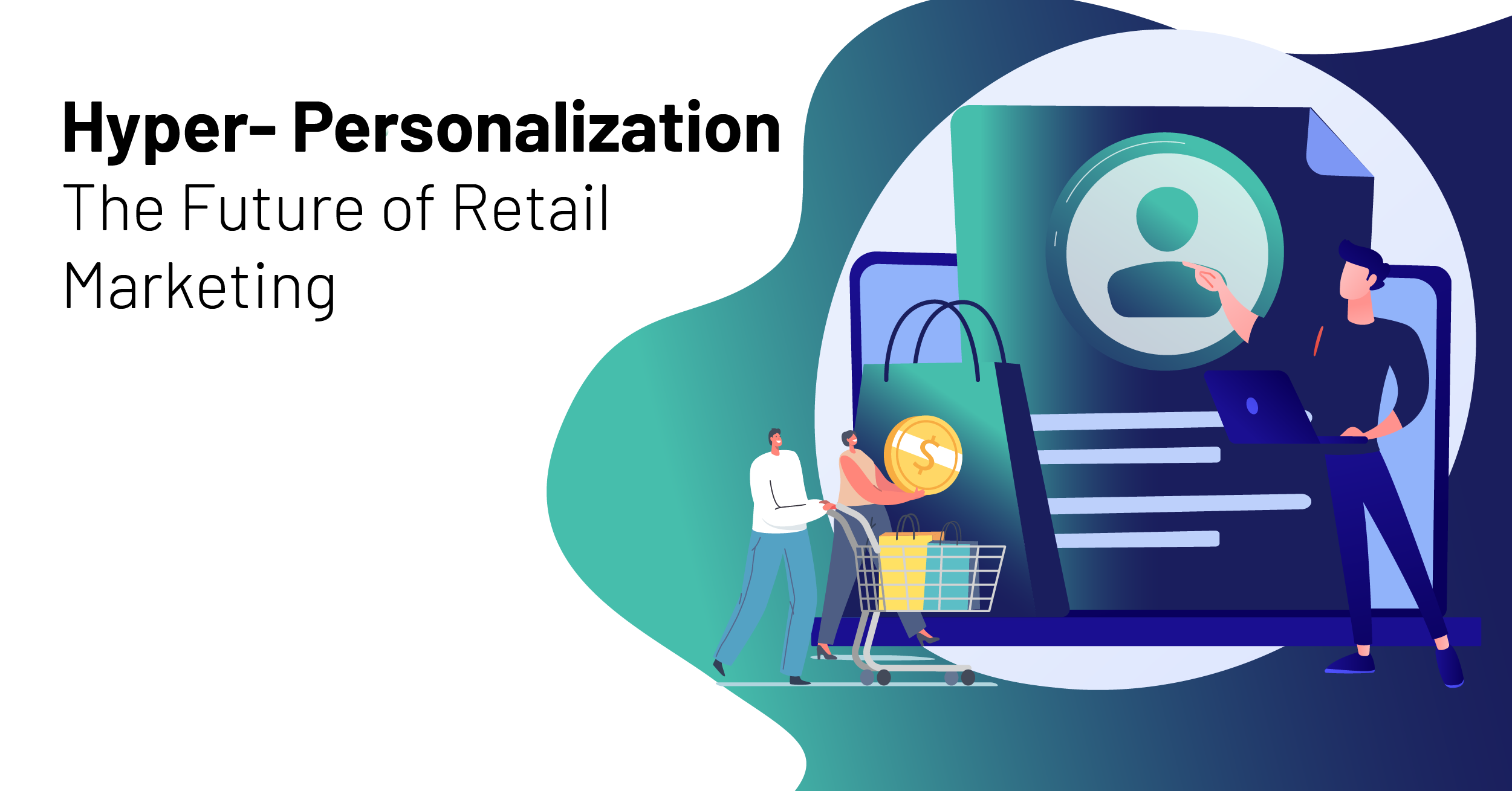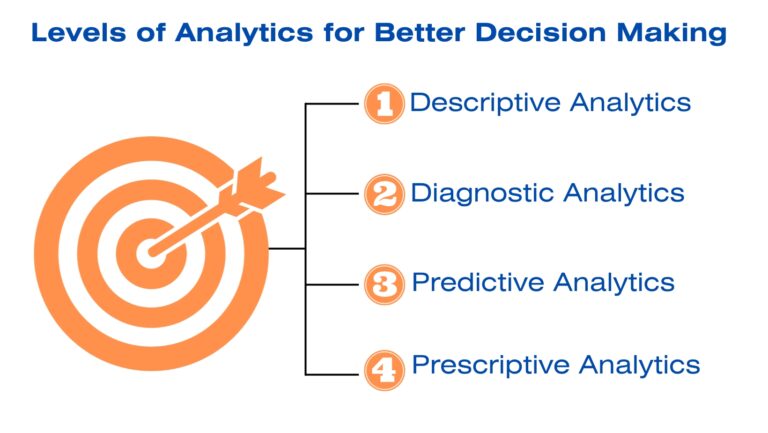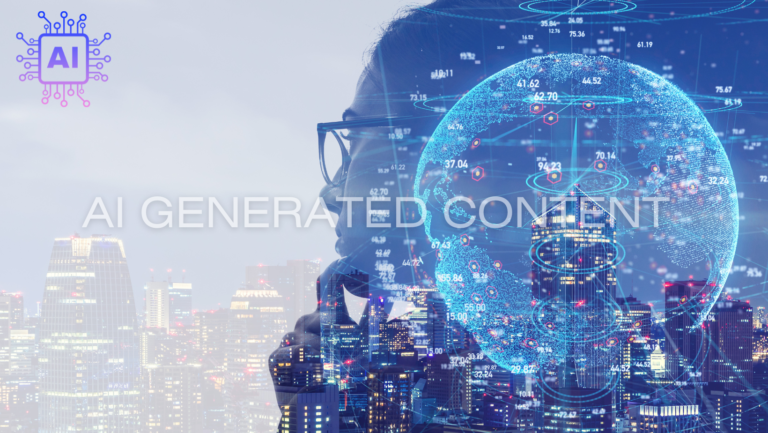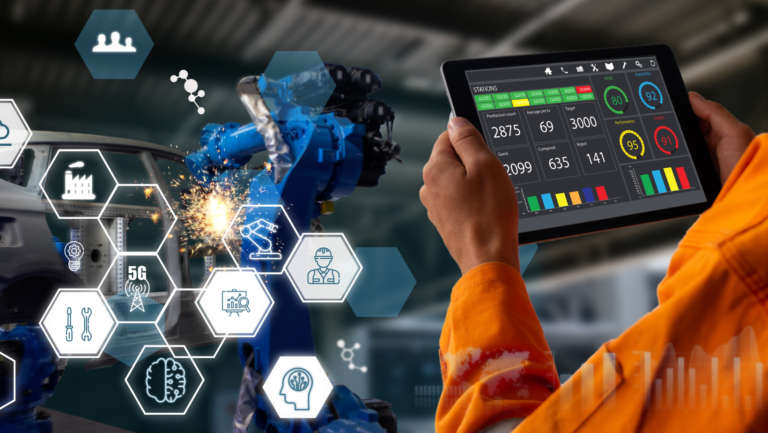Explore 7 AI Marketing Trends You Need to Know in 2023 and Beyond
Staying ahead of the curve in the ever-changing landscape of digital marketing is critical for organizations trying to flourish. As we approach 2023, the role of artificial intelligence (AI) in marketing is expanding, altering strategies and revolutionizing how organizations interact with their customers. In this blog, we will look at seven AI marketing trends that will have a big impact in 2023.
To delve deeper into how AI is empowering business growth and shaping the future of marketing, make sure to check out our dedicated blog on “AI Empowering Business Growth.” Stay ahead of the curve and unlock the potential of AI in fueling your business’s success.
1. Hyper-Personalization at Scale

Personalization in marketing is not a new notion, but AI takes it to new heights. AI will enable hyper-personalization at scale by 2023, allowing businesses to deliver personalized content and experiences to individual customers in real-time. AI computers analyze massive volumes of data to understand consumer behavior, tastes, and habits, allowing marketers to design personalized marketing campaigns.
AI-powered recommendation systems, for example, might advise products or services based on a customer’s previous purchases and browsing behavior. This level of personalization improves not only the user experience but also conversion rates and client loyalty.
2. Chatbots & Conversational AI
Chatbots are already ubiquitous on websites and chat platforms, but by 2023, they will be smarter and more integrated into marketing campaigns. Natural language processing (NLP)-powered conversational AI will allow chatbots to engage in increasingly sophisticated and context-aware interactions with clients.
These AI-powered chatbots can give real-time customer service, answer product questions, and even walk customers through the purchasing process. They work around the clock to provide a consistent client experience while allowing human agents to focus on more complicated duties.
3. Predictive Analytics for Enhanced Decision-Making
For a long time, predictive analytics has been a term in marketing, but AI is bringing it to new heights. By 2023, AI will help marketers to more effectively leverage the power of predictive analytics. AI marketing can foresee trends, client preferences, and even future bottlenecks by analyzing previous data and real-time customer behavior.

Marketers may utilize this data to make data-driven decisions, optimize AI marketing strategies, and better manage resources. This proactive approach enables companies to stay ahead of the competition and quickly adjust to changing market conditions.
4. Visual and Voice Search Optimization
Businesses must change their marketing strategies in response to the growing popularity of voice assistants such as Siri, Alexa, and Google Assistant, as well as visual search tools. AI is essential in optimizing material for voice and visual search.
Creating content that answers natural language inquiries and optimizing for featured snippets are two aspects of voice search optimization. Visual search, on the other hand, uses AI algorithms to analyze and recognize photos, making it easier for shoppers to find things by taking a photo or taking a screenshot.
Businesses that engage in AI-powered voice and visual search optimization will get a competitive advantage and capture the expanding market of voice and image-driven search queries in 2023.
5. AI-Generated Content
Content development takes time, but AI is altering the game. Artificial intelligence-generated material, such as articles, product descriptions, and even marketing emails, is getting more complex and indistinguishable from human-written content.
Businesses may produce massive amounts of high-quality content rapidly and cost-effectively by utilizing AI-powered content generators. This allows human authors to focus on more creative and strategic activities, while AI handles the mundane writing tasks.

However, maintaining a balance between AI-generated and human-created content is critical to preserving the brand’s identity and authenticity.
6. Augmented Reality (AR) & Virtual Reality (VR) Marketing
AR and VR aren’t just for games; they’re also being utilized in marketing to create immersive brand experiences. AI can help to improve these experiences by delivering real-time data and insights.
AR can be used to let clients try on virtual items or see how furniture might look in their homes, for example. AI may leverage these AR and VR experiences to design future AI marketing efforts by analyzing user interactions and preferences.
More firms will use AI-powered AR and VR marketing to engage customers in innovative and memorable ways by 2023.
7. Enhanced Marketing Automation
Marketing automation has been around for a while, but artificial intelligence (AI) is making it smarter and more efficient. AI marketing automation can analyze consumer data, segment audiences, and send personalized messages at just the right time in the customer journey.
This level of automation saves time while also ensuring that customers receive appropriate and timely notifications, resulting in greater conversion rates and customer satisfaction.

Conclusion
In conclusion, AI is expected to play a critical role in influencing the future of AI marketing trends in 2023. These trends are expected to revolutionize the way organizations communicate with their audiences, from hyper-personalization at scale to AI-generated content and better automation. Adopting these artificial intelligence marketing trends will not only keep your company competitive but will also allow you to provide amazing consumer experiences in the digital age. Staying informed and agile will be critical as we traverse the shifting world of AI marketing.
At IBU Consulting, we’re your strategic partner in this AI-driven marketing landscape. Specializing in guiding businesses to harness AI’s potential for exponential growth, we invite you to join us and lead the AI revolution, propelling your business into a prosperous future.
Frequently Asked Questions (FAQs)
In AI marketing, hyper-personalization is offering highly personalised information and experiences to individual customers in real-time, employing AI to analyse massive volumes of data for enhanced targeting and conversion rates.
Chatbots and conversational AI will become smarter and more integrated into marketing efforts by 2023, enabling complex and context-aware interactions with customers, such as real-time customer care and purchasing assistance.
In AI marketing, predictive analytics entails employing data analysis to forecast trends and client preferences. AI will improve predictive analytics in 2023 by making more accurate forecasts and assisting marketers in making data-driven decisions for optimized strategy.
By comprehending natural language searches and analyzing images, AI is critical for optimizing material for voice and visual search. Businesses must change their marketing strategy in order to catch the rising market of voice and image-driven search queries.
AI-generated content includes articles, product descriptions, and emails generated by artificial intelligence. It benefits businesses by allowing for quick and low-cost content creation, freeing up human authors for more creative activities while preserving brand authenticity.
